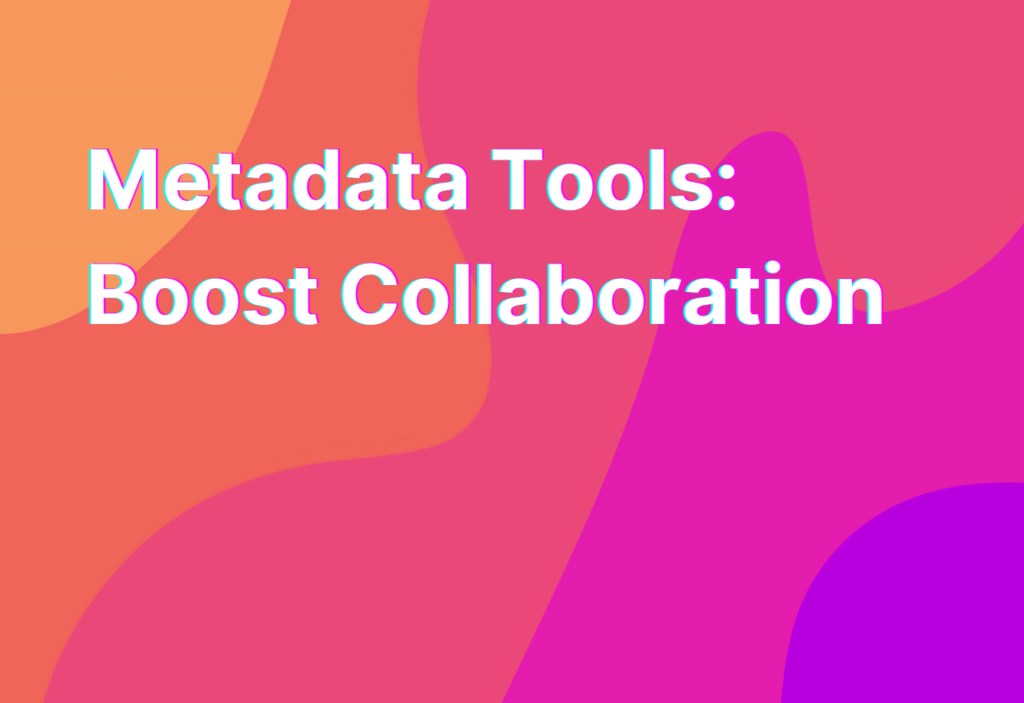Essential Security Audit Tips for Remote Work
Hey there, remote workers! It’s Ashley, your friendly remote work advocate, here to share some essential security audit tips with you. As someone who has been working remotely for the past 10 years in the tech industry, I understand the importance of keeping our work environments secure. So, grab your favorite cup of coffee and let’s dive right in!
1. Keep Your Devices Updated
First things first, make sure all your devices are up to date. This includes your laptop, smartphone, and any other gadgets you use for work. Software updates often include important security patches that can protect you from potential threats. So, don’t ignore those update notifications!
Pro tip: Set your devices to automatically update so you never miss an important security patch. Trust me, it’s worth it!
2. Use Strong and Unique Passwords
Now, I know we’ve all heard this a million times, but it’s worth repeating: use strong and unique passwords for all your accounts. Avoid using common passwords like “password123” or “123456” (seriously, people still use these!). Instead, opt for a combination of uppercase and lowercase letters, numbers, and special characters.
And please, please, please don’t reuse passwords across multiple accounts. I know it’s tempting, but it’s like using the same key for your house, car, and office. If one gets compromised, they all do. So, take the time to create unique passwords for each account.
3. Enable Two-Factor Authentication
Adding an extra layer of security to your accounts is always a good idea. Two-factor authentication (2FA) requires you to provide a second form of verification, such as a code sent to your phone, in addition to your password. This makes it much harder for hackers to gain access to your accounts.
Many popular platforms, like Google, Facebook, and Trello, offer 2FA options. So, take advantage of this extra security feature and enable it wherever possible.
Pro tip: Use a password manager to securely store all your unique passwords and easily access them when needed. It’s a game-changer, trust me!
4. Be Wary of Phishing Attempts
Ah, phishing. The art of tricking people into revealing sensitive information. It’s like the modern-day version of a Nigerian prince asking for your bank account details. Don’t fall for it!
Always be cautious when clicking on links or opening attachments in emails, especially if they’re from unknown senders. Look out for any red flags, like misspellings or suspicious email addresses. And remember, your bank will never ask for your password via email!
Pro tip: Hover over links before clicking on them to see the actual URL. If it looks fishy, don’t click!
5. Secure Your Wi-Fi Network
Your home Wi-Fi network is the gateway to your remote work kingdom, so make sure it’s secure. Change the default password on your router to something strong and unique. Avoid using common phrases or personal information that can be easily guessed.
Additionally, consider enabling WPA2 or WPA3 encryption on your Wi-Fi network for an extra layer of security. This will help protect your data from prying eyes.
Pro tip: If you’re working from a public Wi-Fi network, use a virtual private network (VPN) to encrypt your internet connection and keep your data safe from potential eavesdroppers.
Wrapping Up
And there you have it, my fellow remote workers! These essential security audit tips will help keep your remote work environment secure and your mind at ease. Remember, staying vigilant and taking proactive measures is key to protecting your sensitive information.
If you want to dive deeper into the world of SSL and cybersecurity essentials for remote work, check out this link. It’s a great resource to further enhance your knowledge and ensure you’re taking all the necessary precautions.
Stay safe, stay secure, and keep rocking that remote work life!


